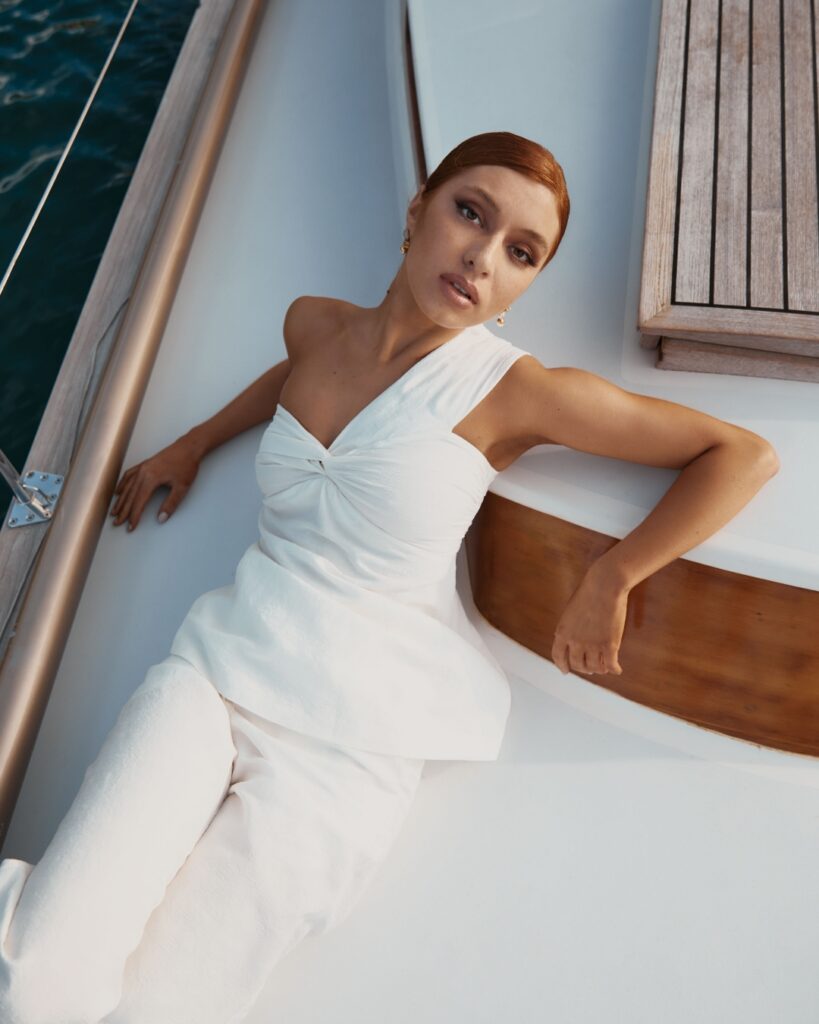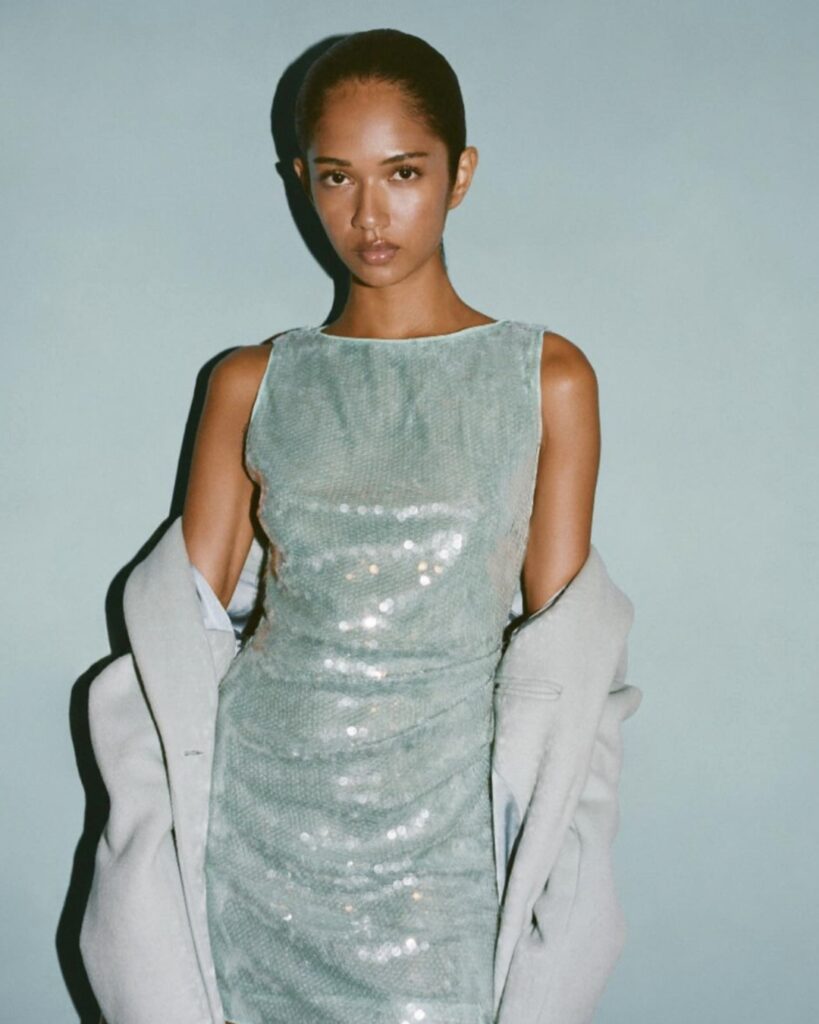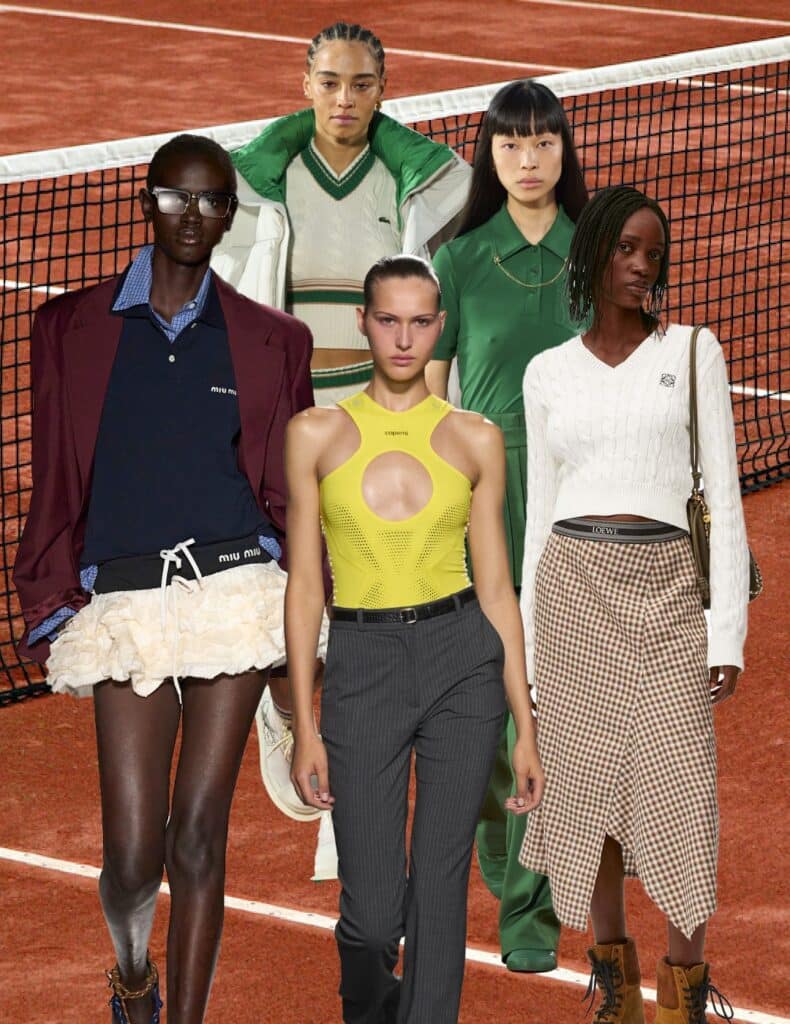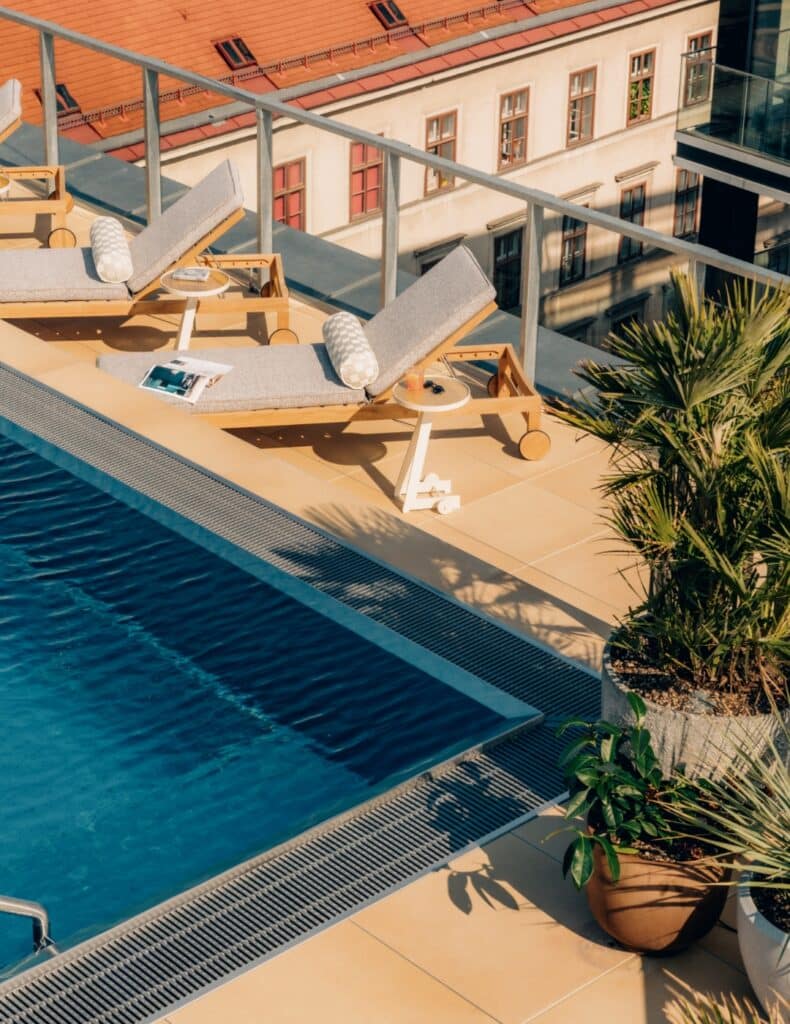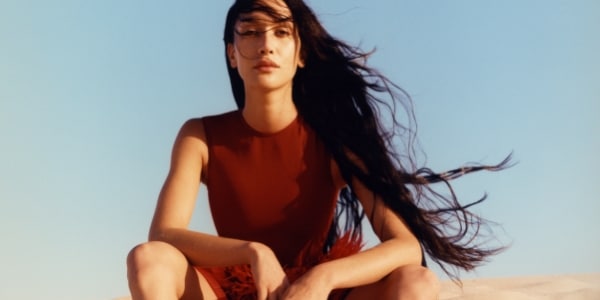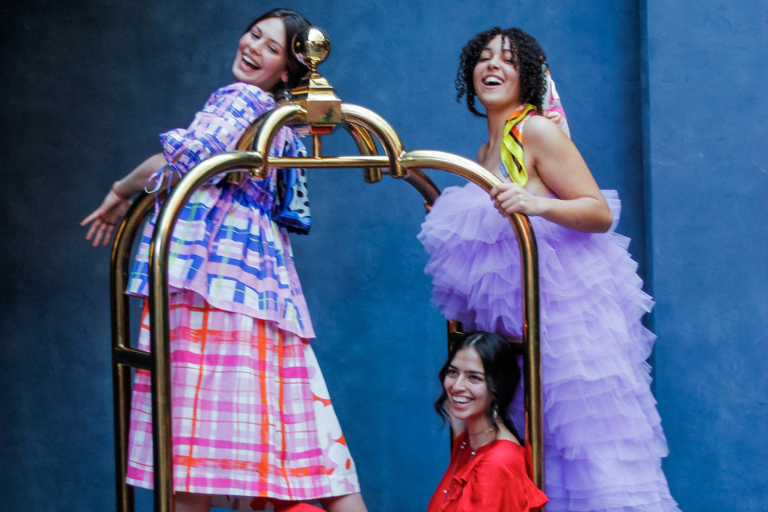
If you walk into Havilah, at the southernmost part of Wellington’s Cuba Street, you’d be forgiven for thinking you’ve stepped into another city. “We’re that one store down Cuba Street that’s head-to-toe colour. People just stand by the door… I think they’re working up the nerve to come in!” laughs its founder, Havilah Arendse.
Once you’ve mustered up the courage to depart from Wellington’s sea of monochrome and enter Havilah’s lilac-walled, mint-floored haven of goodness, you’ll need to take a seat. Why? Because you’ll be asking for the full brand story, stat. “Every time someone comes in here, they’re like, ‘What is this? Can you talk me through the label?’” says Arendse. “They want to know more.”
In a time of global adversity, and within a local community that tends to err on the side of sartorial darkness, Havilah’s here to bring light, and not just to a single gender, age group or size range, but to all. Havilah’s designs start at XXS and end at XXXXXL, and the garments themselves know no boundaries either — the store’s racks are a kaleidoscope of jewel tones and bold pieces that embody frills, flair and flounce. Aesthetically, they’re nothing short of excess.
“How you dress is an expression of who you are… it’s the first thing people see, so when people shop here, it’s about finding something for themselves,” says Arendse. “I’m trying to include everyone in my size range and in my representation of my brand, making sure I’m including every person because that’s how I grew up.”
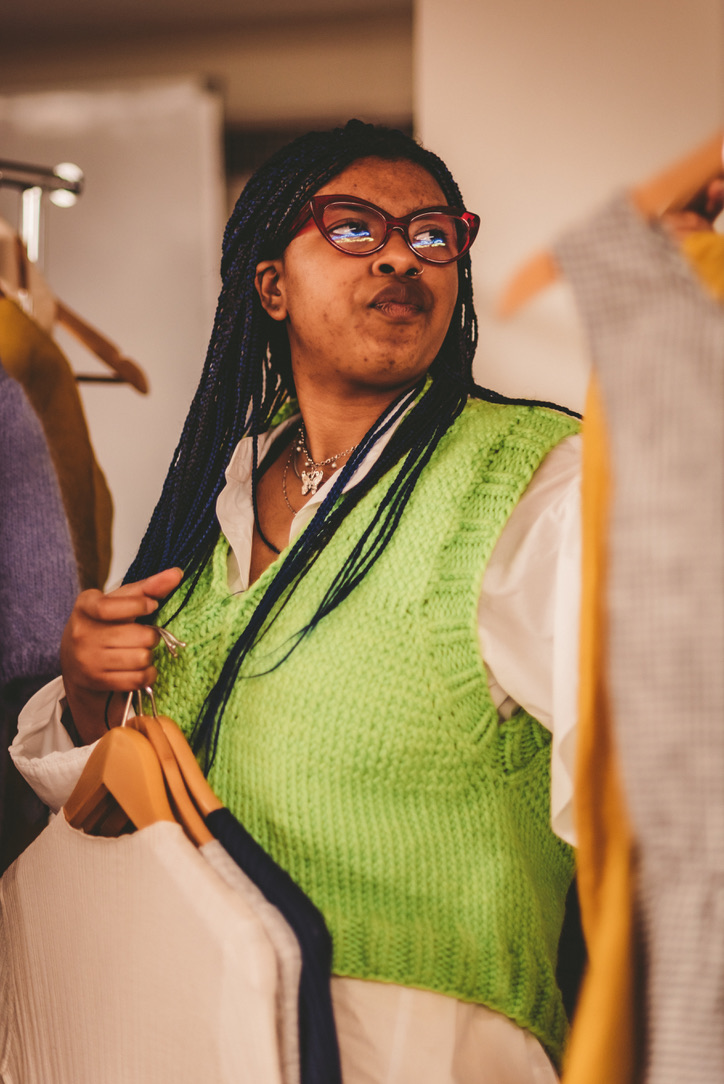
Arendse’s childhood was spent between London’s King’s Cross and Cape Town in South Africa. The cultural influence in her work is apparent: Havilah’s debut Instagram post in 2018 was a snapshot of the rainbow houses that line the Bo-Kaap streets of Cape Town.
But more inspiring than this city’s vivid palette were the people. “I grew up around a very diverse group of people, so whenever I put campaigns together, it’s always a representation of how I grew up — the faces I saw and the faces I wish I saw more of [now],” says Arendse.
One look at Havilah’s most recent campaign ‘To Endure’, and there’s the evidence that Arendse’s childhood was one filled with colour, laughter and diversity. Havilah is, as she says, “for everyone”, and the vibrant community she’s built is evident within her store’s walls. “I’ve had people come in here, try something on, and cry because it actually fits them,” she says. “It’s really rewarding to have people walk out and know you’ve made their day. That’s definitely been my constant drive, just making people happy.”
Customers from all walks of life and in every shape and size can leave Havilah with a garment that makes them feel good (the brand also offers a custom made-to-order service), and they can also explore the many other burgeoning brands Arendse collaborates with and supports by stocking in its store. “My whole purpose of having a store… has been to support all the brands I have on my wishlist, because they’re doing such amazing things,” she says.
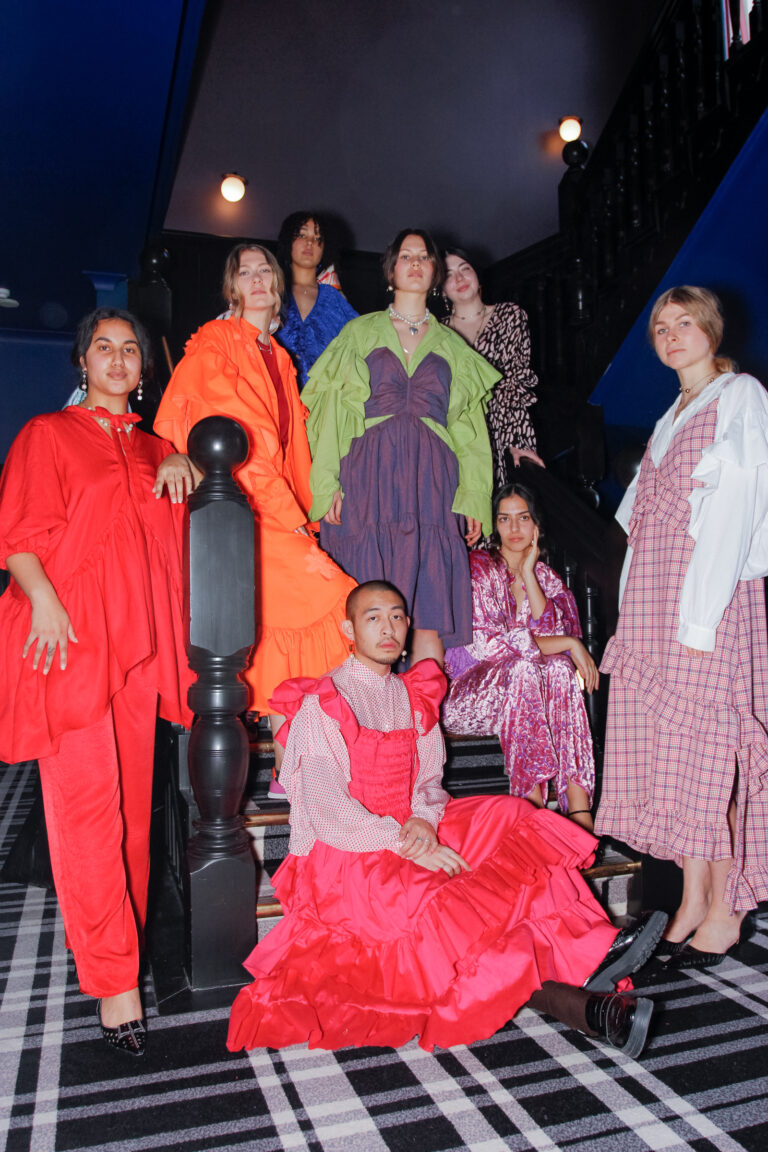
The designer speaks of life with a chronic illness and addresses an often hidden element of diversity that she considers in every aspect of her work. “There’s one thing I always think of when I’m making clothing… ‘On a bad day, how am I going to get this on?’” Living with fibromyalgia means that some days Arendse has limited mobility, so she’s conscious of how clothing can make you feel beyond the volume, prints and frills.
“Even though I’m designing all these beautiful, colourful things, [I ask], ‘How will this fabric feel on someone who has a similar chronic illness? How is this fabric going to feel against someone’s body with a certain condition?’” These are the questions that are on Arendse’s mind as she designs, and why she’s in constant communication with Rare Disorders New Zealand, to ensure that Havilah’s ‘everyone’ really does include everyone.
Through clever design and patternmaking processes, Arendse has been able to cater Havilah’s offering to benefit all people, and the planet, too. “I was really aware from a young age that it’s so easy to no longer have [nature],” she says. “I have a constant fear of how we’re going to preserve it, within a field I absolutely love. For me, [preserving] it is through fabric and zero-waste design.”
Havilah’s fabrics are either deadstock, traceably sourced or hand-loomed to order at a family-owned and -operated Oeko-Tex certified organic cotton mill in India. And in Arendse’s studio, no offcuts are ever thrown out. “Zero waste is definitely a more fun way for me to work,” she says. “It’s easier to put things together, and because it’s all just squares, there is only one way for it to fit together,” she says. When asked what happens with the offcuts, she laughs. “Minimal waste hasn’t been too hard to achieve — because ruffles!”
In the space of three years, Arendse has built a loyal community that she credits her success and drive to. “I just want people to be really happy, and seeing them actually be happy in person is just so validating for me,” she says. “I’m doing what I love, and it’s reaching people the right way. I didn’t think I’d get there so quickly… it’s heartwarming and really rewarding.”
Do what you love and you’ll never work a day in your life, as the old saying goes — and Arendse is living proof of that.


